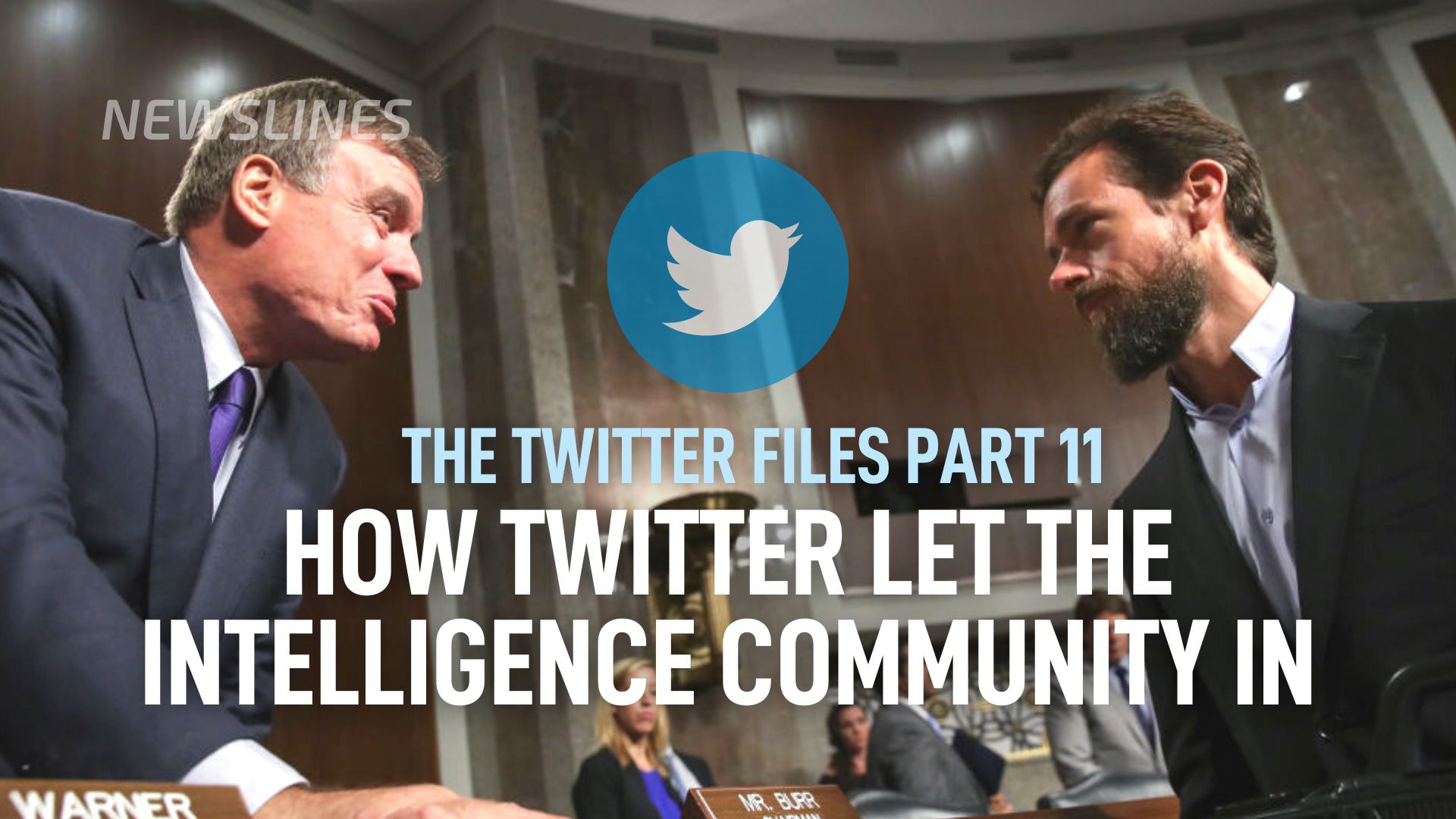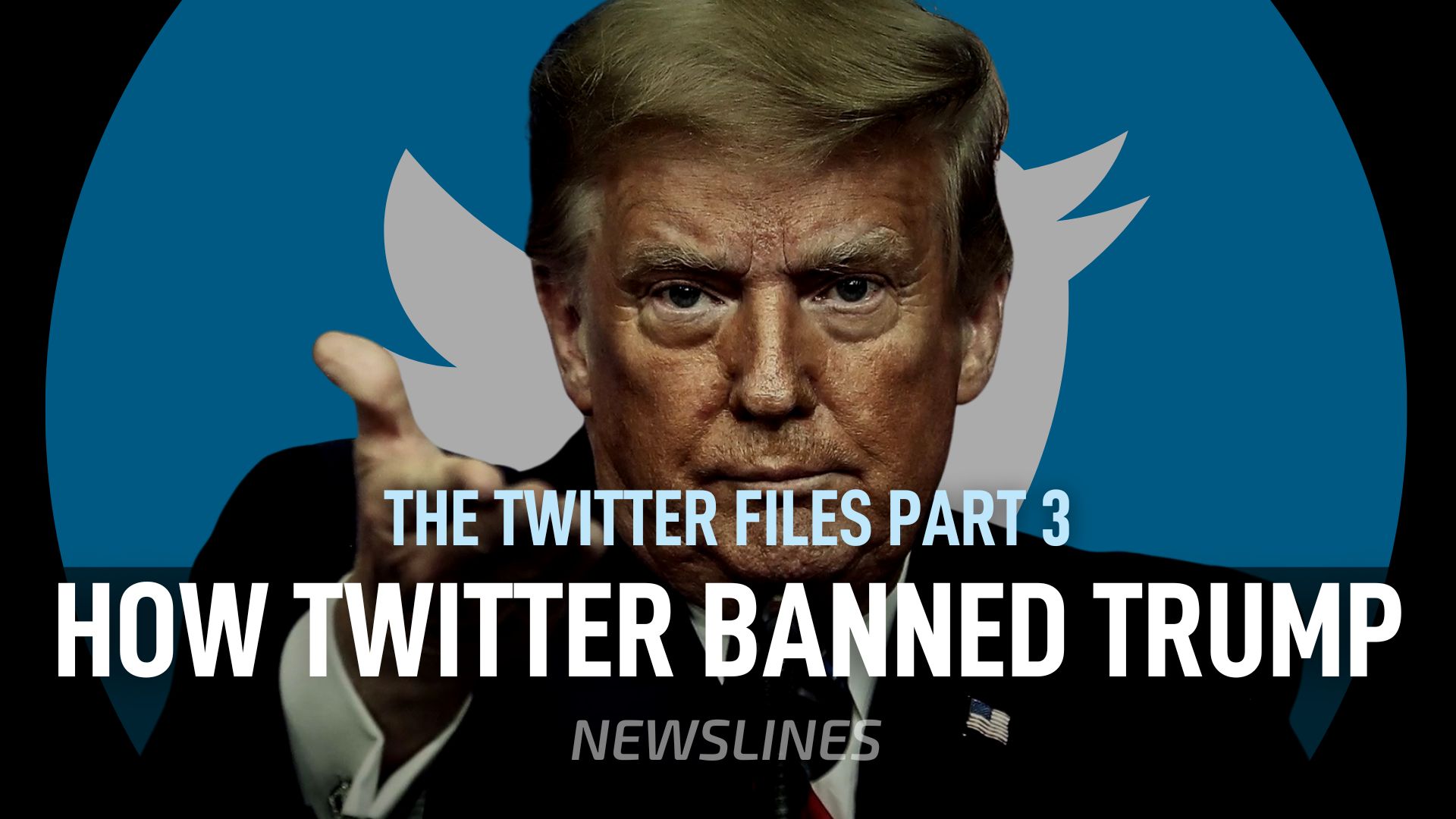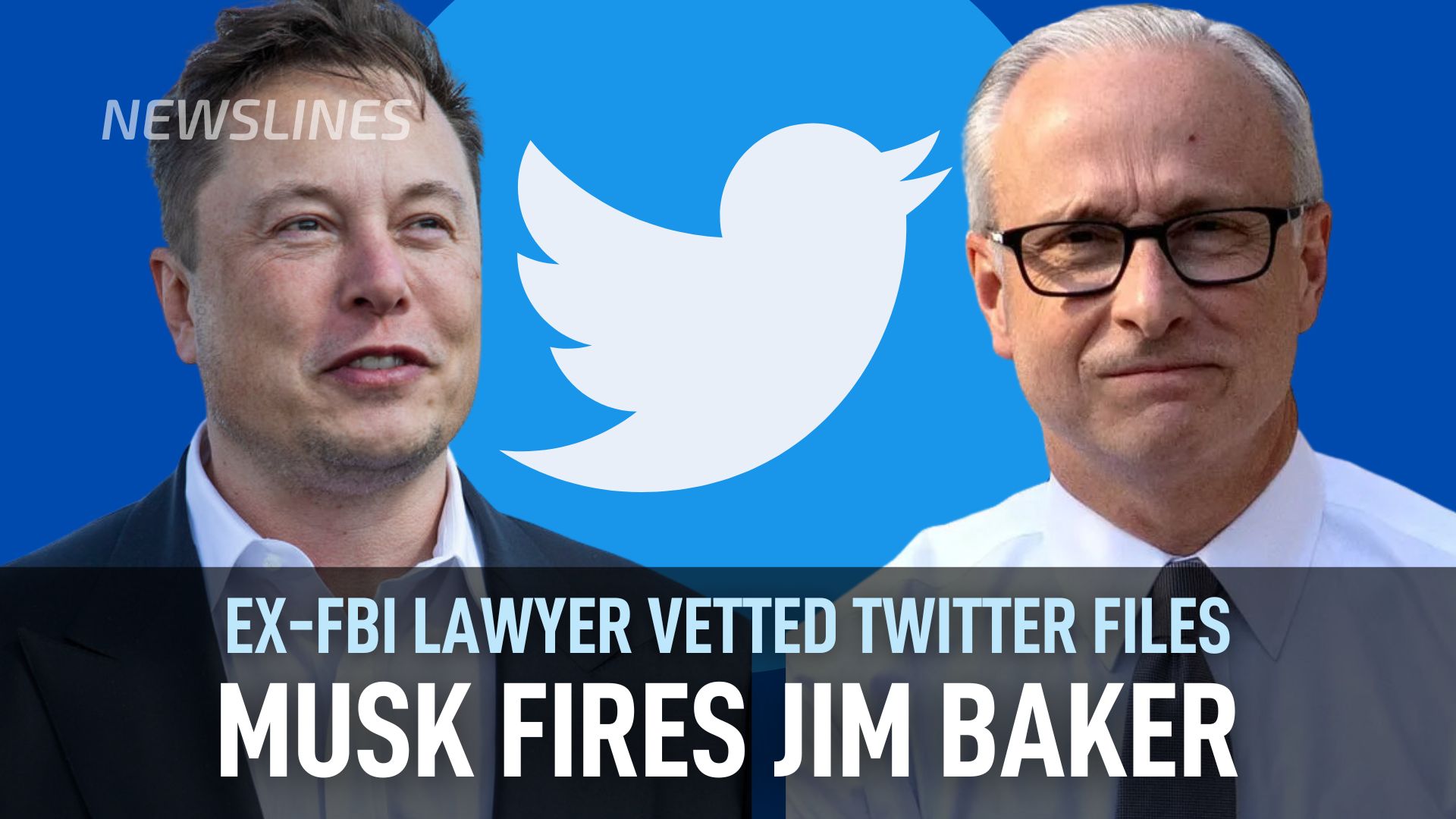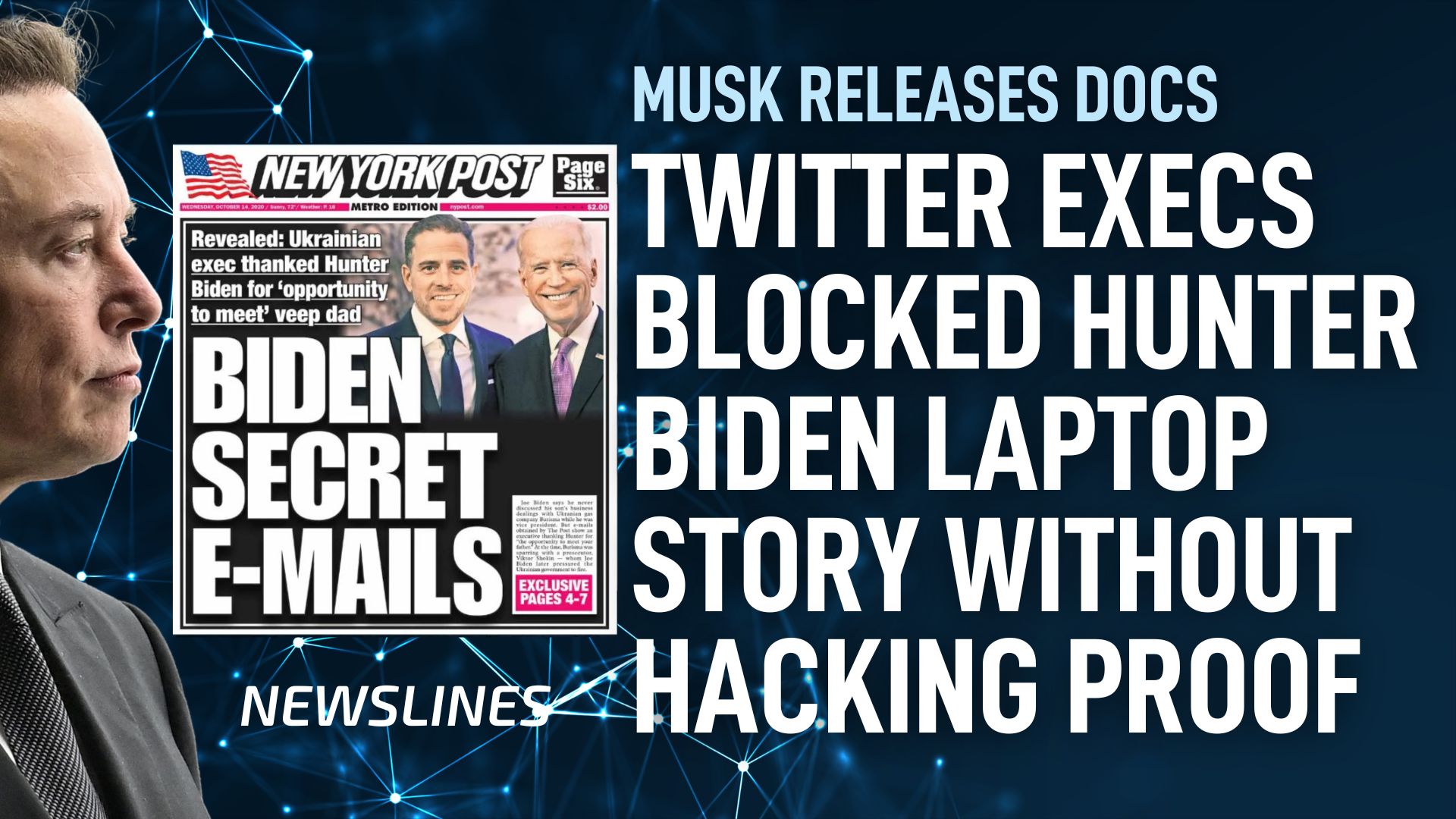Taibbi quits Twitter citing Substack restrictions
Taibbi says he will no longer use Twitter, after the company decided to heavily restrict all links and tweets about Substack following that company’s announcement it would be launching Substack Notes, a short form social network and potential competitor to Twitter. The restrictions require Substack writers to sign a pledge not to criticize Musk or his companies. Taibbi had previously tweeted that he asked Musk personally why Substack was being limited on Twitter and didn’t receive a response. Musk unfollowed Taibbi on Twitter shortly after the journalist made his announcement. Taibbi:
Earlier this afternoon, I learned Substack links were being blocked on Twitter. Since being able to share my articles is a primary reason I use Twitter, I was alarmed and asked what was going on…It turns out Twitter is upset about the new Substack Notes feature, which they see as a hostile rival. When I asked how I was supposed to market my work, I was given the option of posting my articles on Twitter instead of Substack….This abrupt change is a reminder of why writers deserve a model that puts them in charge, that rewards great work with money, and that protects the free press and free speech. Their livelihoods should not be tied to platforms where they don’t own their relationship with their audience, and where the rules can change on a whim.
The Twitter Files 11: How Twitter Let the Intelligence Community In
Musk, through Taibbi, releases The Twitter Files: How Twitter Let the Intelligence Community In, which further details Twitter’s relationship with Intellignce angencies, such as the FBI.
1.THREAD: The Twitter Files
How Twitter Let the Intelligence Community In— Matt Taibbi (@mtaibbi) January 3, 2023
Taibbi says that in August 2017, when Facebook decided to suspend 300 accounts with “suspected Russian origin”, that Twitter’s leaders were sure they didn’t have a Russia problem, noting that while Facebook had issues with “hundreds of accounts”, Twitter only had issues with around 25. The company’s PR strategy was to deflect to Facebook’s problems. Public Policy VP Colin Crowell:
Twitter is not the focus of inquiry into Russian election meddling right now – the spotlight is on FB
In September 2017, after a manual examination, Twitter informed the senate it suspended 22 possibel Russian accoutns and 179 others with “possible links” to those. Senator Mark Warner of Virginia – ranking Democrat on the Intelligence Committee – held an immediate press conference to denounce Twitter’s report as “frankly inadequate on every level.”
After meeting with congressional leaders, Crowell wrote:
Warner has political incentive to keep this issue at top of the news, maintain pressure on us and rest of industry to keep producing material for them.
Cromwell also said that Democracts were taking cues from Hillary Clinton, who that week said:
It’s time for Twitter to stop dragging its heels and live up to the fact that its platform is being used as a tool for cyber-warfare.
Twitter formed a “Russia Task Force” to proactively self-investigate. Bu despite forming a “Russia Taks fForce”, which worked with data shared form Facebook, investigatinge accounts supposedly tied to Russia’s Internet Research Agency (IRA), the research came to nothing.
Oct 13, 2017: No evidence of a coordinated approach, all of the accounts found seem to be lone-wolf type activity (different timing, spend, targeting, <$10k in ad spend).
Oct 14, 2017: First round of RU investigation… 15 high risk accounts, 3 of which have connections with Russia, although 2 are RT.
Oct 20. 2017: Built new version of the model that is lower precision but higher recall which allows to catch more items. We aren’t seeing substantially more suspicious accounts. We expect to find ~20 with a small amount of spend.
Oct 23, 2017: Finished with investigation… 2500 full manual account reviews, we think this is exhaustive… 32 suspicious accounts and only 17 of those are connected with Russia, only 2 of those have significant spend one of which is Russia Today…remaining <$10k in spend.
According to Taibbi, the Taks Force’s failure deepened the company’s PR crisis: Following Warner’s press conference, stories sourced to the Intel Committee “poured” into the news, inlcuding a story Politico that said “Twitter deleted data potentially crucial to Russia probes.” Johns Hopkins Professor (and Intel Committee “expert”) Thomas Rid:
Were Twitter a contractor for the FSB… they could not have built a more effective disinformation platform.
In Washington weeks after the first briefing, Twitter leaders were told by Senate staff that “Sen Warner feels like tech industry was in denial for months.” Added an Intel staffer said there was “Big interest in Politico article about deleted accounts.”
As this pressure rose, Taibbi says the company changed its tune and Twitter “pledged to work with them on their desire to legislate”. However, even as Twitter prepared to change its ads policy and remove RT and Sputnik to placate Washington, congress turned the heat up more, apparently leaking the larger, base list of 2700 accounts.
Reporters started to call Twitter about Russia links. Buzzfeed, working with the University of Sheffield, claimed to find a “new network” on Twitter that had “close connections to… Russian-linked bot accounts.” but the company internally did not want to endorse the Buzzfeed/Sheffield findings, saying “it will only embolden them”. Twitter apologised to the for the same accounts they’d initially told the Senate were not a problem.
Taibbi says this This cycle – threatened legislation, wedded to scare headlines pushed by congressional/intel sources, followed by Twitter caving to moderation asks – would later be formalized in partnerships with federal law enforcement. The company settled on it’s prosture: In public, it removed content “at our sole discretion.” Privately, they would “off-board” anything “identified by the U.S. intelligence community as a state-sponsored entity conducting cyber-operations.” Crowell, in an email to the company’s leaders:
We will not be reverting to the status quo.
The Twitter Files 3 – The Removal of Donald Trump (Pre-Jan 6)
Musk, through Taibbi, releases the third installment of The Twitter Files, titled THE REMOVAL OF DONALD TRUMP Part One: October 2020-January 6th.
The world knows much of the story of what happened between riots at the Capitol on January 6th, and the removal of President Donald Trump from Twitter on January 8th. We’ll show you what hasn’t been revealed: the erosion of standards within the company in months before J6, decisions by high-ranking executives to violate their own policies, and more, against the backdrop of ongoing, documented interaction with federal agencies. This first installment covers the period before the election through January 6th.
3. We’ll show you what hasn’t been revealed: the erosion of standards within the company in months before J6, decisions by high-ranking executives to violate their own policies, and more, against the backdrop of ongoing, documented interaction with federal agencies.
— Matt Taibbi (@mtaibbi) December 9, 2022
Taibbi provides internal Twitter messages indicating that as the election approached, senior executives – perhaps under pressure from federal agencies, with whom they met more as time progressed – increasingly struggled with Twitter’s rules, and began to speak of “vios” (violations) as pretexts to do what they’d likely have done anyway.
As described in Twitter Files 2, a core group, working above and outside of Twitter’s standard content moderation rules, would make ad hoc decisions on VITs (Very Important Tweeters).
Messages from Yoel Roth (Head of Trust & Safety) show he met weekly with the FBI, DHS and the Office of the Director of National Intelligence (DNI). Regarding the New York Post’s Hunter Biden laptop story ban, Roth told those agencies:
We blocked the NYP story, then unblocked it (but said the opposite)… comms is angry, reporters think we’re idiots… in short, FML (f*ck my life).
Based on alerts sent by the FBI, Roth flagged tweets with warning labels. Taibbi says he could not find any such requests from Trump’s team or Republicans:
Examining the entire election enforcement Slack, we didn’t see one reference to moderation requests from the Trump campaign, the Trump White House, or Republicans generally. We looked. They may exist: we were told they do. However, they were absent here.
In addition to issues with Trump, Taibbi also recounts a long discussion about a joke made by Mike Huckabee about mailing in fake ballots and conversations promising to hit the actor James Woods “hard” in future, even though he had not violated any rules. Meanwhile, disputed pro-Biden tweets were approved.
Regarding Trump, Taibbi says that Twitter attached automated control “bots” to his account, which triggered automated moderation actions. Taibi says that all these bots and rules were abandoned on January 6.
The firm’s executives on day 1 of the January 6th crisis at least tried to pay lip service to its dizzying array of rules. By day 2, they began wavering. By day 3, a million rules were reduced to one: what we say, goes
Around 3:30 PST on Jan 6, Roth “bounced” (put in a 12 hr timeout) three of Trump’s tweets. A company-wide email was sent by Gadde explaining that future violations would result in a permanent suspension.
After Trump tweeted “Go home with love & in peace” mid-riot, Twitter staff wrote:
What the actual f*uck? Sorry, I actually got emotionally angry seeing that. Turns out I’m not a full robot. Who knew?
Taibbi concludes:
By the end of the first day, the top execs are still trying to apply rules. By the next day, they will contemplate a major change in approach.
Taibi says more files will be released over the coming days.
Musk fires Baker for vetting Twitter Files
Musk fires Baker, Twitter’s deputy general counsel, over concerns he tried to suppress information about the social media platform’s handling of the Hunter Biden laptop controversy. Baker was involved in discussions about whether the laptop falls under Twitter’s “hacked materials” policy. In one of the Twitter files’ emails Baker wrote:
I support the conclusion that we need more facts to assess whether the materials were hacked. At this stage, however, it’s reasonable for us to assume that they may have been and that caution is warranted.
Matt Taibbi, the journalist releasing Twitter’s files, said that he and another journalist, Bari Weiss, were dealing “with obstacles to new searches” when Weiss discovered that Baker had vetted the first batch of “Twitter Files” – without knowledge of new management.
Over the weekend, while we both dealt with obstacles to new searches, it was @BariWeiss who discovered that the person in charge of releasing the files was someone named Jim. When she called to ask “Jim’s” last name, the answer came back: “Jim Baker.” “My jaw hit the floor,” says Weiss
“My jaw hit the floor,” says Weiss.
— Matt Taibbi (@mtaibbi) December 6, 2022
Musk said Baker, had offered an “unconvincing” explanation for his actions when confronted.
In light of concerns about Baker’s possible role in suppression of information important to the public dialogue, he was exited from Twitter today…His explanation was …unconvincing.
In light of concerns about Baker’s possible role in suppression of information important to the public dialogue, he was exited from Twitter today
— Elon Musk (@elonmusk) December 6, 2022
The Twitter Files 1: How and why Twitter blocked the Hunter Biden laptop story
Musk releases The Twitter Files, Part One: How and Why Twitter Blocked the Hunter Biden Laptop Story, though journalist Matt Taibbi. In a 30-plus post thread, Taibbi relates how Twitter executives blocked the New York Post’s October 14, 2020, Hunter Biden laptop story, using the excuse that it was ‘hacked’, despite having received no notification or confirmation from law enforcement that the laptop actually was hacked. The posts were given warnings and were blocked from being to be shared on Twitter’s direct message system. Taibbi says that executives did this without CEO Dorsey’s knowledge.
The posts details how political parties were able to contact Twitter executives to censor stories, and show communications between ex-staff, including Gadde, Roth, discussing the block.
2. What you’re about to read is the first installment in a series, based upon thousands of internal documents obtained by sources at Twitter.
— Matt Taibbi (@mtaibbi) December 2, 2022




